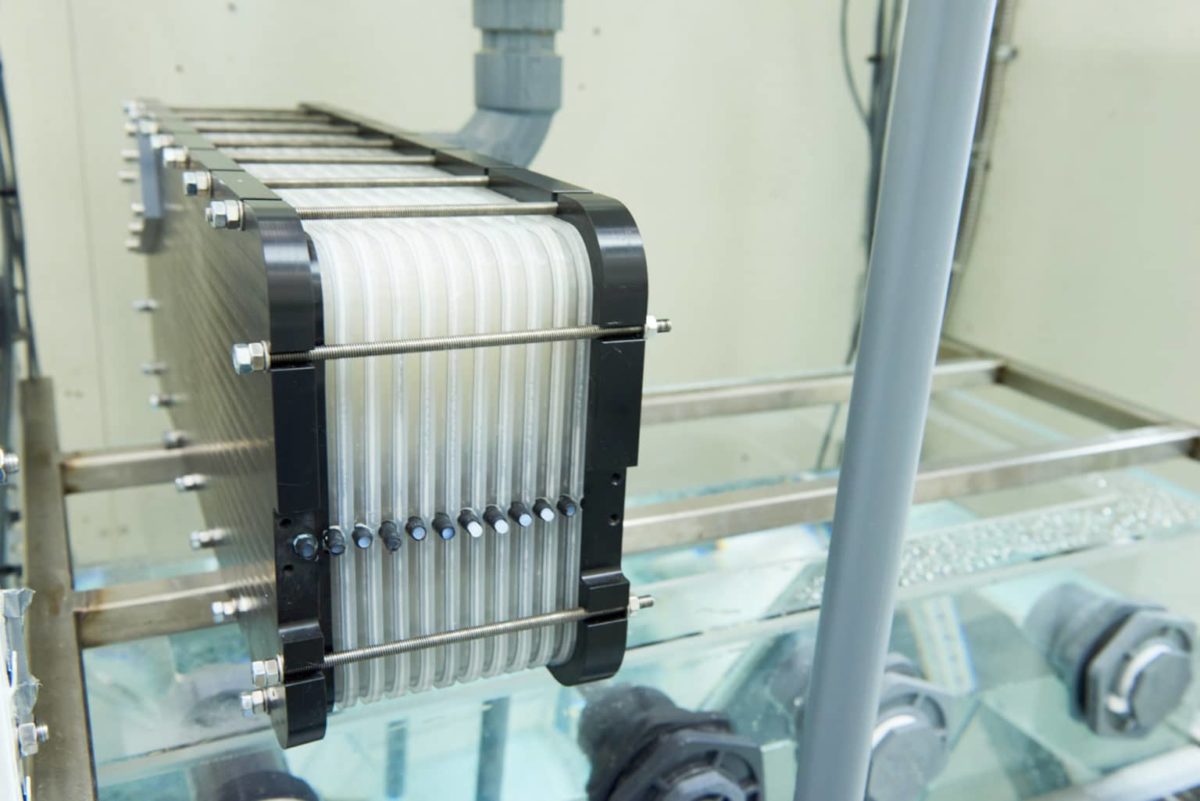Canadian battery developer Zinc8 Energy Solutions is set to deploy its proprietary zinc-air battery technology at a New York apartment complex with a goal to demonstrate its long-duration energy storage capability. The project is developed in partnership with Digital Energy Corp, a New York-based private sector developer of Combined Heat and Power (CHP) plants, solar systems and microgrids.
The 100kW/1.5MWh zinc-air energy storage system (ZESS) will be installed at Fresh Meadows Community Apartments in Queens, New York, to support and enhance the economics of a Combined Heat and Power (CHP) system currently under construction, along with an existing photovoltaic system.
Zinc8 Energy Solutions has developed a proprietary flow battery technology that it claims is able to deliver power in the range from 20kW to 50MW with a minimum storage of eight hours of capacity.
The modular battery can be configured to support a wide array of long-duration applications for microgrids and utilities, as well as for commercial and industrial projects. Unlike lithium-ion technology, which requires new stacks to scale, Zinc8 says it has completely decoupled the linkage between energy and power. This means that scaling Zinc8’s technology can be accomplished by simply increasing the size of the fuel tank and quantity of recharged zinc fuel.
The technology promises zero capacity fade over an extensive lifetime. According to the manufacturer, tt is non-flammable, non-toxic and sustainable with stable supply chains for mass production. It is also touted as a potentially hugely cost-effective solution, aiming for an installation cost of $45/kWh.
Zinc8’s system uses power from the grid or renewable energy sources to generate zinc particles in a zinc regenerator, thereby releasing oxygen as a by-product. The zinc particles flow then to the storage tank and are maintained there in a potassium hydroxide electrolyte. When power is needed, the zinc particles are delivered to the power stack and recombined with oxygen to generate electricity. The zinc oxide by-product is returned to the storage tank for later regeneration.
Zinc8 claims to have solved the dendrite issue, which leads to the clogging of the membranes used in flow batteries. The battery has a roundtrip efficiency ranging from 65% to 70%.
For its latest project at Fresh Meadows Apartments, Zinc8 tech has won financing from the New York State Energy Research and Development Authority (NYSERDA). In this project, Zinc8 will be focused on advancing, developing and field testing its storage technology as it seeks to address cost, performance, and integration challenges in New York State. “This is an opportunity for Zinc8 to further develop a pipeline of projects and establish a foothold in the New York City market.” said Ron MacDonald, president and CEO of Zinc8 Energy Solutions.
Previously, Zinc8 signed an agreement with the New York Power Authority (NYPA) to deploy a 100 kW/1 MWh demonstration ZESS behind-the-meter at the University at Buffalo campus. The project was designed to provide peak shaving capability and improve campus resiliency, as well as explore alternative uses such as emergency backup for campus building. In addition, the Buffalo project aims to validate the system’s performance reliability and help to determine O&M and life-cycle costs.
This content is protected by copyright and may not be reused. If you want to cooperate with us and would like to reuse some of our content, please contact: editors@pv-magazine.com.




By submitting this form you agree to pv magazine using your data for the purposes of publishing your comment.
Your personal data will only be disclosed or otherwise transmitted to third parties for the purposes of spam filtering or if this is necessary for technical maintenance of the website. Any other transfer to third parties will not take place unless this is justified on the basis of applicable data protection regulations or if pv magazine is legally obliged to do so.
You may revoke this consent at any time with effect for the future, in which case your personal data will be deleted immediately. Otherwise, your data will be deleted if pv magazine has processed your request or the purpose of data storage is fulfilled.
Further information on data privacy can be found in our Data Protection Policy.